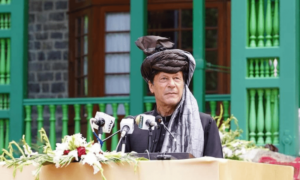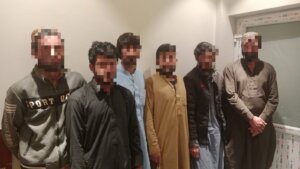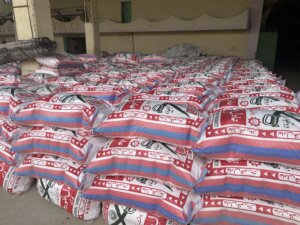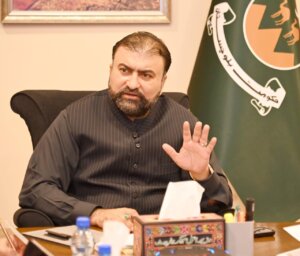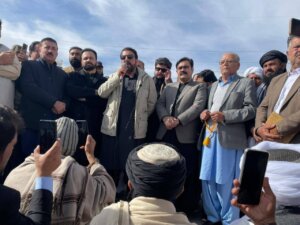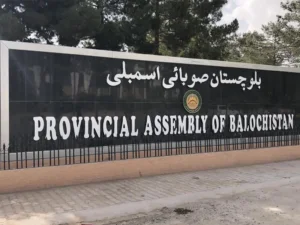Hefei, China (Xinhua News) — A two-year-old Pakistani child battling typhoid fever caused by Salmonella Typhi, which had advanced into septic shock, has successfully recovered after emergency treatment at Anhui Provincial Children’s Hospital in Hefei, eastern China. The child was discharged in stable condition following a 14-day intensive care stay.
High-Risk Case: Typhoid Fever and Suspected HLH in a Young Child
The child was admitted on March 21 with a dangerously high fever and elevated C-reactive protein levels, indicating a severe bacterial infection. Dr. Wang Chengjun, Associate Chief Physician in the hospital’s Hematology and Oncology Department, said the case was critical. The child’s persistent crying, unstable vital signs, and severe fatigue signaled urgent medical intervention.
As the condition deteriorated, symptoms such as anemia and thrombocytopenia developed. Physicians suspected Hemophagocytic Lymphohistiocytosis (HLH)—a rare but deadly immune disorder. Dr. Wang noted that the patient had already met four out of eight HLH diagnostic criteria, heightening the urgency of the case.
Multidisciplinary Medical Team Delivers Life-Saving Treatment
The hospital swiftly mobilized a multidisciplinary team to deliver a tailored treatment plan. Intensive anti-infection therapy and round-the-clock critical care helped stabilize the child’s condition and prevent progression to HLH.
“This was a highly dangerous case,” said Dr. Wang. “But with accurate diagnosis and immediate care, we were able to stop the disease from advancing.”
Pakistani Family Expresses Deep Gratitude to Chinese Doctors
The child’s father, Muhammad Nasr Ahmed, a postdoctoral researcher in agricultural remote sensing at Anhui Agricultural University, described the experience as harrowing.
“Seeing our son in pain was heartbreaking. We prayed day and night for his recovery,” Nasr said.
He commended the hospital staff not just for their medical expertise, but also their empathy and communication. The doctors created an English-language WeChat group to provide real-time updates on the child’s condition and treatment.
Compassionate Care Makes a Difference
In addition to clinical care, the hospital staff offered emotional support. Nurses gifted new clothes to the child and arranged a foldable bed for the father to stay overnight.
“Their kindness helped ease our anxiety during this difficult time,” Nasr shared.
China-Pakistan Health & Education Ties Strengthen Through Human Stories
Nasr, who recently moved to Hefei with his family, highlighted this case as an example of the deepening ties between China and Pakistan, particularly in health and agricultural science—a cornerstone of Pakistan’s economy.
Zhang Huajian, Deputy Director of the International Office at Anhui Agricultural University, added:
“Many Pakistani students come to China to study modern agricultural technologies, contributing to stronger bilateral cooperation.”
Celebrating Recovery with Pakistani Hospitality
After the successful discharge, Nasr invited Dr. Wang to his home for a traditional Pakistani meal in a heartfelt gesture of thanks.
“Helping children heal and winning their families’ trust is the greatest reward,” said Dr. Wang.
China’s Advancing Role in Global Pediatric Healthcare
Liu Hongjin, Vice President of the hospital, emphasized China’s commitment to equal and accessible pediatric care.
“We have established protocols for diagnosing and treating critically ill children. Our mission is to ensure every child receives timely and effective care.”

